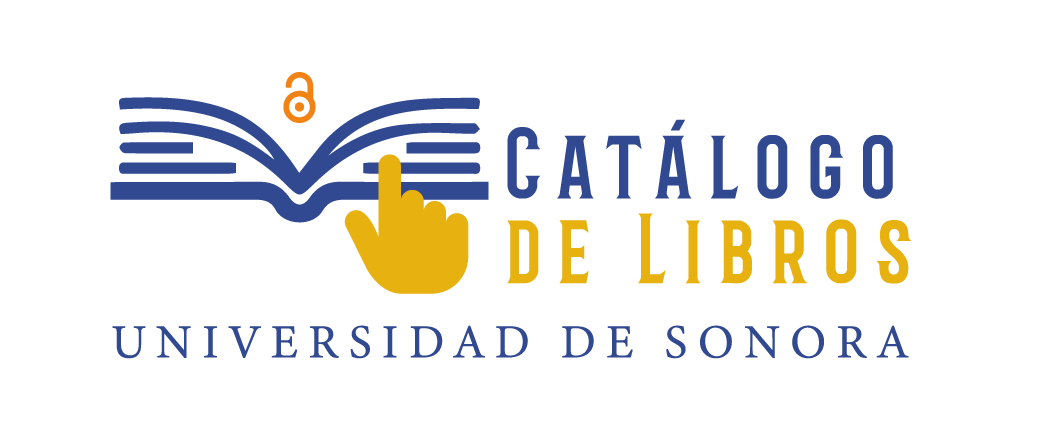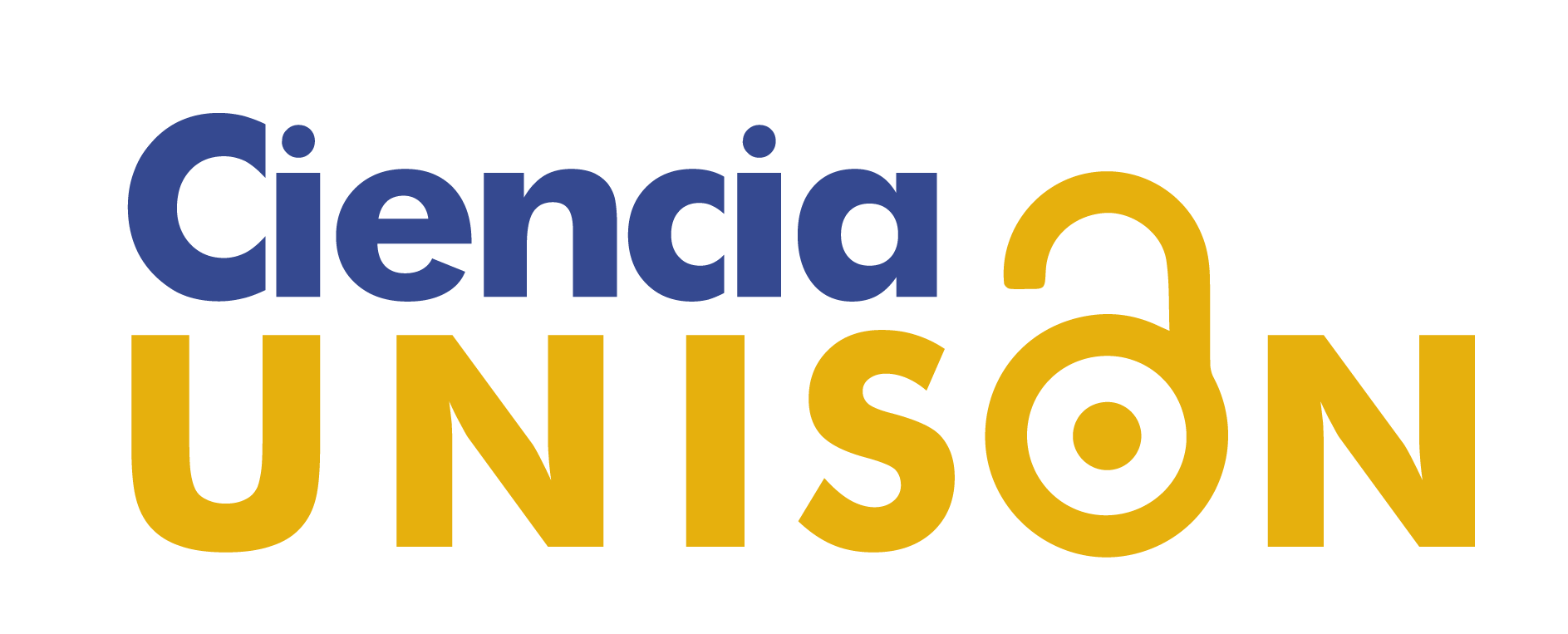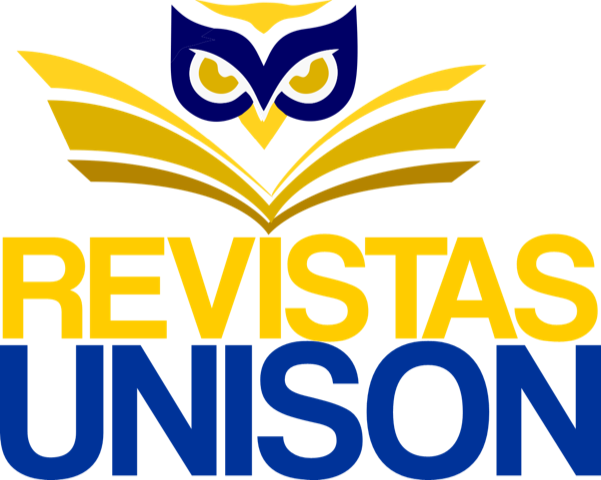Burnout y su impacto en profesionales de la salud durante la pandemia por COVID-19
Burnout and its impact on health professionals during the COVID-19 pandemic
DOI:
https://doi.org/10.59420/remus.7.2022.88Palabras clave:
síndrome del burnout, pandemia, COVID-19Resumen
El síndrome de burnout es un síndrome psicológico que se caracteriza por la existencia de agotamiento emocional, despersonalización y reducción en la realización personal. Dicha entidad es muy común en las profesiones de ayuda, especialmente prevalente en profesionales de la salud, su importancia radica en que puede ocasionar serios problemas de no tratarse, como es una atención profesional de baja calidad y aumento de los errores médicos. Se realizó una revisión bibliográfica con el objetivo de exponer la amplia ocurrencia de esta problemática entre el personal de salud y el impacto que ha tenido la pandemia por COVID-19 en el incremento del agotamiento profesional relacionado con el ambiente laboral en materia de salud.
Descargas
Citas
Saborío-Morales L, HidalgoMurillo LF. Síndrome de Burnout. Med leg Costa Rica. 2015;32(1):119–24.
Díaz-Bambula F, Gómez IC. Research on burnout from 2000 to 2010 in Latin America. Psicol desde caribe. 2016;33(1):113–31. 1. 2.
Arís-Redó N. El Síndrome de Burnout en los docentes. Rev Electron Investig Psicoeduc Psigopedag. 2017;7(18):829–48.
Gutierrez-Aceves G, Celis-López M, Moreno-Jiménez S, FariasSerratos F, Suárez-Campos J. Síndrome de Burnout. Arch Neurocien (Mex). 2006;11(4), 305- 309.
Branco RG, Garcia TT, Molon ME, Garcia PCR, Piva JP, Ferreira PE. 1138 burnout syndrome among pediatricians: A case control study comparing pediatric intensivists and general pediatricians. Pediatr Res. 2010;68(1):564–56
Brito-Marcelino A, Oliva-Costa EF, Sarmento SCP, Carvalho AA. Burnout syndrome in speechlanguage pathologists and audiologists: a review. Rev Bras Med Trab. 2020;18(2):217–22.
Vincent L, Brindley PG, Highfield J, Innes R, Greig P, Suntharalingam G. Burnout Syndrome in UK Intensive Care Unit staff: Data from all three Burnout Syndrome domains and across professional groups, genders and ages. J Intensive Care Soc. 2019;20(4):363–9.
Brito da Nobrega C, Barboza P. The speech therapist gets sick: Burnout syndrome and hospital speech therapy – a review [Internet] Scielo.br. [citado el 21 de octubre de 2021]. Disponible en: https://www.scielo.br/j/rcefac/a/Rd mFxnhzkRLPxWrwtNRR5YL/? lang=en&format=pdf
Durán S, García J, Parra Margel A, García Velázquez MDR, Hernandez-Sánchez I. Estrategias para disminuir el síndrome de Burnout en personal que labora en Instituciones de salud en Barranquilla. Cult Educ Soc. 2018;9(1):27–44.
Palmer Y, Gómez-Vera A, CabreraPivaral C, Prince-Vélez R, Searcy R. Factores de riesgo organizacionales asociados al síndrome de Burnout en médicos anestesiólogos. Salud Ment (Mex). 2005;28(1):82–91.
Guevara CA, Henao DP, Herrera JA. Síndrome de desgaste profesional en médicos internos y residentes. Hospital Universitario del Valle, Cali, 2002. cm [Internet]. 1 [cited 21Oct.2021];35(4):173-8. Available from: https://colombiamedica.univalle.ed u.co/index.php/comedica/article/vie w/315
Segura O, Gómez Duque M, Enciso C, Castañeda Porras O. Agotamiento profesional (burnout) en médicos intensivistas: una visión de la unidad de cuidados intensivos desde la teoría fundamentada. Acta Colomb Cuid Intensivo. 2016;16(3):126–35.
Ortega M, Ortega, O. Clima Laboral: Efecto del agotamiento profesional “Burnout” en la calidad de vida en el trabajo. Rev Empres, 2017; 11(41), 6-13.
CLIMSS. Síndrome del burnout. [Internet] [citado el 22 de octubre de 2021]. Disponible en: https://climss.imss.gob.mx/
Wright AA, Katz IT. Beyond Burnout—Redesigning Care to Restore Meaning and Sanity for Physicians. N Engl J Med. 25 de enero de 2018;378(4):309-11.
Guillén RS. Síndrome de Burnout en profesionales de enfermería en el ámbito hospitalario: un estudio descriptivo. Rev Enferm del Trab, 2017;7(3):65–9.
Raudenská J, Steinerová V, Javůrková A, Urits I, Kaye AD, Viswanath O, et al. Occupational burnout syndrome and posttraumatic stress among healthcare professionals during the novel coronavirus disease 2019 (COVID19) pandemic. Best Pract Res Clin Anaesthesiol. 2020;34(3):553–60.
Kang L, Li Y, Hu S, Chen M, Yang C, Yang BX, et al. The mental health of medical workers in Wuhan, China dealing with the 2019 novel coronavirus. Lancet Psychiatry. 2020;7(3):e14. Choi KR, Skrine Jeffers K, Cynthia Logsdon M. Nursing and the novel coronavirus: Risks and responsibilities in a global outbreak. J Adv Nurs. 2020;76(7):1486–7.
Choi KR, Skrine Jeffers K, Cynthia Logsdon M. Nursing and the novel coronavirus: Risks and responsibilities in a global outbreak. J Adv Nurs. 2020;76(7):1486–7.
Lai J, Ma S, Wang Y, Cai Z, Hu J, Wei N, et al. Factors associated with mental health outcomes among health care workers exposed to Coronavirus disease 2019. JAMA Netw Open. 2020;3(3):e203976.
Wu Y, Wang J, Luo C, Hu S, Lin X, Anderson AE, et al. A comparison of burnout frequency among oncology physicians and nurses working on the frontline and usual wards during the COVID-19 epidemic in Wuhan, China. J Pain Symptom Manage. 2020;60(1):e60–5.
Amanullah S, Ramesh Shankar R. The impact of COVID-19 on physician burnout globally: A review. Healthcare (Basel). 2020;8(4):421.
Chávez L, Marcet G, Ramírez E, Acosta L, Samudio M. Mental health of physicians and nurses of Instituto Nacional de Enfermedades Respiratorias y del Ambiente - INERAM “Juan Max Boettner” during the Covid-19 quarantine from July to September 2020. Rev salud publica Parag. 2021;11(1):74–9
Ahola K, Hakanen J, Perhoniemi R, Mutanen P. Relationship between burnout and depressive symptoms: A study using the person-centred approach. Burn Res. 2014;1(1):29– 37.
Schonfeld IS, Bianchi R. Burnout and depression: Two entities or one?: Burnout and depression. J Clin Psychol. 2016;72(1):22–37.
Maslach C, Leiter MP. Understanding the burnout experience: recent research and its implications for psychiatry. World Psychiatry. 2016;15(2):103–11.
Faria ARQ de P, Coelho HFC, Silva AB, Damascena LCL, Carneiro RR, Lopes MT, et al. Impact of the COVID-19 pandemic on the development of burnout syndrome in frontline physicians: prevalence and associated factors. Rev Assoc Med Bras.
Kannampallil TG, Goss CW, Evanoff BA, Strickland JR, McAlister RP, Duncan J. Exposure to COVID-19 patients increases physician trainee stress and burnout. PLoS One. 2020;15(8):e0237301.
Giusti EM, Pedroli E, D’Aniello GE, Stramba Badiale C, Pietrabissa G, Manna C, et al. The psychological impact of the COVID-19 outbreak on health professionals: A cross-sectional study. Front Psychol. 2020;11:1684.
Dimitriu MCT, Pantea-Stoian A, Smaranda AC, Nica AA, Carap AC, Constantin VD, et al. Burnout syndrome in Romanian medical residents in time of the COVID-19 pandemic. Med Hypotheses. 2020;144(109972):109972.
Maslach C, Jackson SE. The measurement of experienced burnout. J Organ Behav. 1981;2(2):99–113.
Shanafelt TD, Noseworthy JH. Executive leadership and physician well-being. Mayo Clin Proc. 2017;92(1):129–46.
Mendonça VS, Steil A, Teixeira de Gois AF. COVID-19 pandemic in São Paulo: a quantitative study on clinical practice and mental health among medical residency specialties. Sao Paulo Med J. 2021;139(5):489–95
Lebares CC, Guvva EV, Ascher NL, O’Sullivan PS, Harris HW, Epel ES. Burnout and stress among US surgery residents: Psychological distress and resilience. J Am Coll Surg. 2018;226(1):80–90.
Janeway D. The role of psychiatry in treating burnout among nurses during the Covid-19 pandemic. J Radiol Nurs. 2020;39(3):176–8. 35.
Lai J, Ma S, Wang Y, Cai Z, Hu J, Wei N, et al. Factors associated with mental health outcomes among health care workers exposed to Coronavirus disease 2019. JAMA Netw Open. 2020;3(3):e203976.
Álvarez-Pérez PR, López-Aguilar D. El burnout académico y la intención de abandono de los estudios universitarios en tiempos de COVID-19. Rev mex investig educ. 2021;26(90):663–89.
Prata TSC, Calcides DAP, Vasconcelos EL, Carvalho AA, Melo EV de, Oliva-Costa EF de. Prevalence of Burnout Syndrome and associated factores in medical students under different educational models. Rev Assoc Med Bras. 2021;67(5):667-74.
González-Escobar JM, RamosFranco Netto RO, de Almeida Rodrigues-Franco Netto J, Flores BH, Borges Andreo S, Coronel-de Bobadilla B. Prevalence of burnout syndrome in medical students. Rev Inst Med Trop. 2020;15(2):13–8. 2021;67(5):667–74.
Palacio J, Caballero C, González O, Gravini, Contreras K. Relación del burnout y las estrategias de afrontamiento con el promedio académico en estudiantes universitarios. Universitas Psychologica, 2012;11(2), 535-544.
El cuidado de su salud mental [Internet]. Nih.gov. [citado el 1 de noviembre de 2021]. Disponible en: https://www.nimh.nih.gov/health/to pics/espanol/el-cuidado-de-susalud-mental/el-cuidado-de-susalud-mental.
Romani M, Ashkar K. Burnout among physicians. Libyan J Med. 2014;9(1):23556.
Publicado
Cómo citar
Número
Sección
Licencia
Derechos de autor 2022 REMUS - Revista Estudiantil de Medicina de la Universidad de Sonora

Esta obra está bajo una licencia internacional Creative Commons Atribución-NoComercial-SinDerivadas 4.0.






